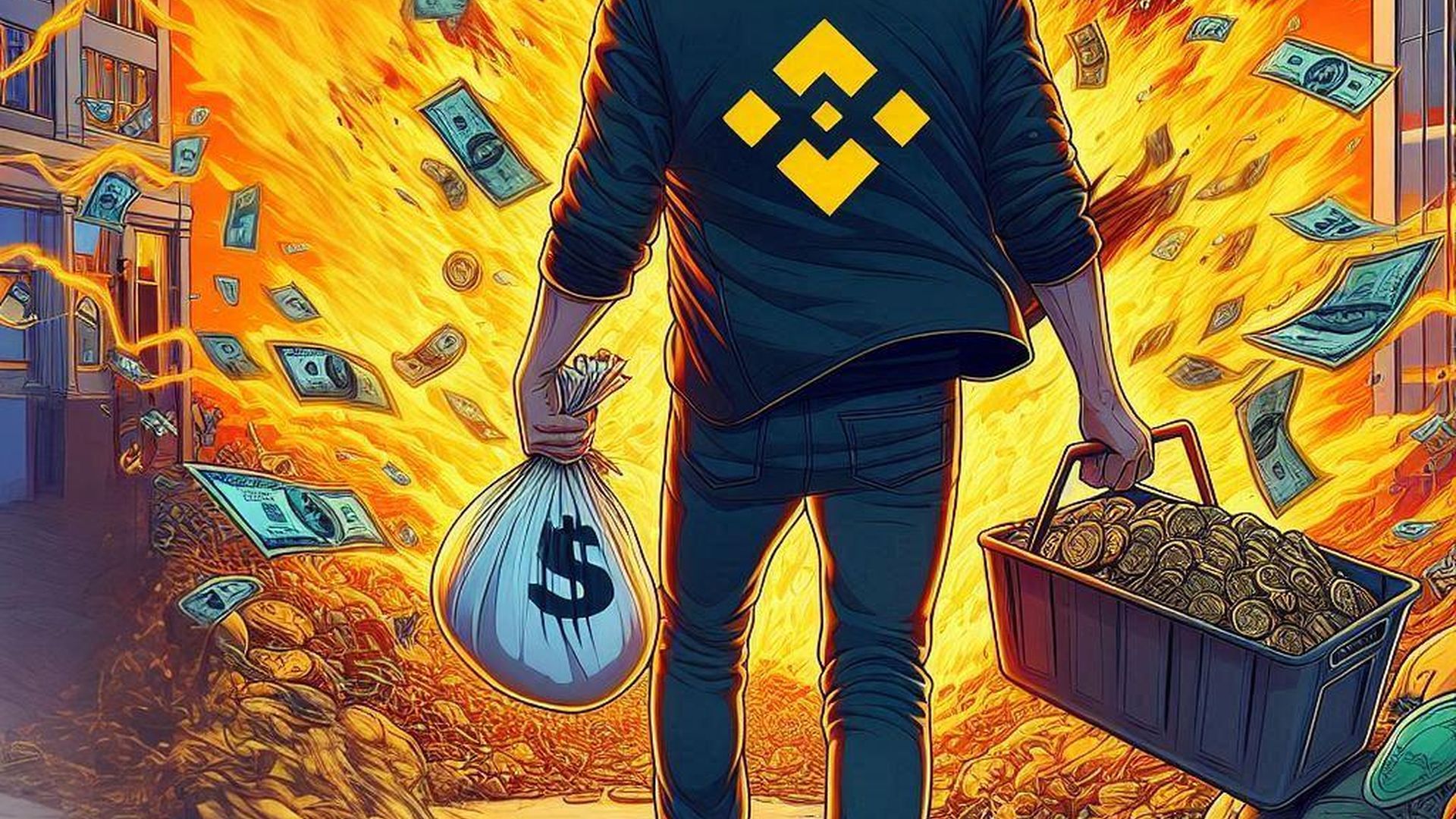Binance boycott, CEO’s response, and over $2.6B withdrawn

The Binance boycott causes over $2.6B worth of withdrawals from the popular crypto exchange platform. Binance is facing controversy after Ray Youssef, co-founder of Paxful, claimed the company froze Palestinian users’ funds at the request of the Israel Defense Forces (IDF). This has led to calls for a boycott and a significant withdrawal of funds from the platform.
Binance CEO Richard Teng has denied these claims, saying they are “FUD” (Fear, Uncertainty, and Doubt). He clarified that only a few accounts involved in illegal activities were affected, not all Palestinian accounts. Despite Binance’s response, the boycott is still trending on X, and people are continuing to withdraw their funds. Here’s what we know so far.
The reasons behind the Binance boycottRay Youssef, co-founder of Paxful and CEO of Noones, has claimed that Binance froze all funds belonging to Palestinian users. He says this action was taken because of a request from the IDF. Youssef shared a letter he received, supposedly from Binance, and an alleged video proof.
Many users have called for a boycott of Binance, accusing the company of supporting oppressive actions against Palestinians. They argue that cryptocurrency should remain decentralized and free from government control. Social media campaigns have urged users to delete their Binance accounts and withdraw their funds, resulting in a drop of 47,000 BTC ($2.6 billion) in the charts.
 Binance boycott reasons explained (Credit)
Binance’s response
Binance boycott reasons explained (Credit)
Binance’s response
Binance CEO Richard Teng has addressed the allegations, describing them as FUD. He stated that only a limited number of accounts linked to illegal activities were blocked and refuted claims of a blanket seizure. Teng emphasized that Binance complies with internationally accepted anti-money laundering regulations, similar to other financial institutions. He also expressed the company’s commitment to educating users on secure transactions and hoped for lasting peace in the region.
FUD. Only a limited number of user accounts, linked to illicit funds, were blocked from transacting. There have been some incorrect statements about this.
As a global crypto exchange, we comply with internationally accepted anti-money laundering legislation, just like any other…
— Richard Teng (@_RichardTeng) August 28, 2024
Also, data from Similarweb, indicates that Palestinian traffic constitutes a small portion—about 0.05%—of Binance’s total visits. This data suggests that while the controversy is notable, its impact on Binance’s overall business might be limited.
In summary, the Binance boycott has escalated following claims by Ray Youssef that the platform froze Palestinian users’ funds at the request of the IDF. This controversy has led to widespread calls for a Binance boycott and significant withdrawals from the platform. Binance CEO Richard Teng has denied these allegations, labeling them ‘FUD,’ and clarified that only a few accounts linked to illegal activities were affected. Despite this, the Binance boycott continues to trend, and users are still withdrawing their funds. However, with Palestinian traffic accounting for only 0.05% of total visits, the long-term impact on Binance’s overall business may be limited.
Featured image credit: Eray Eliaçık/Bing
